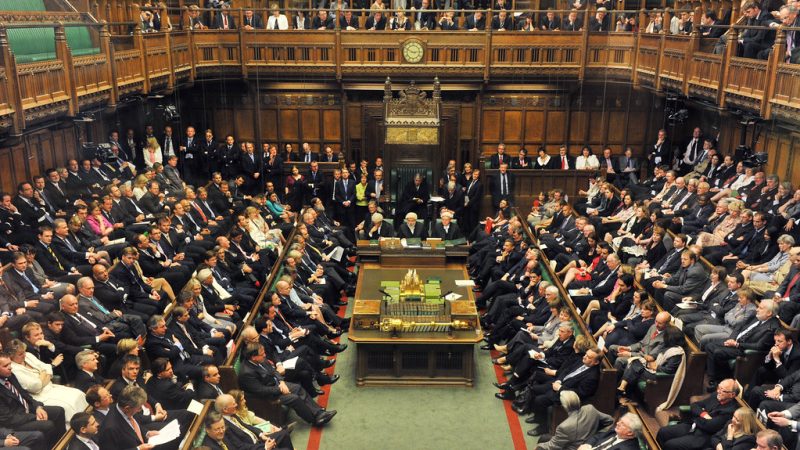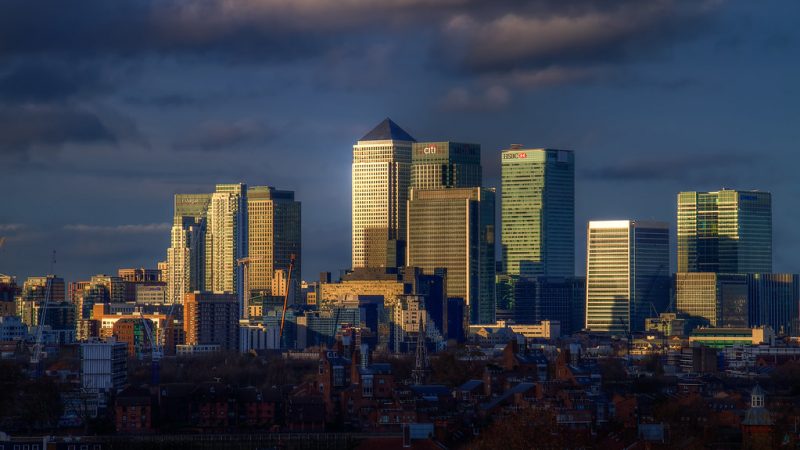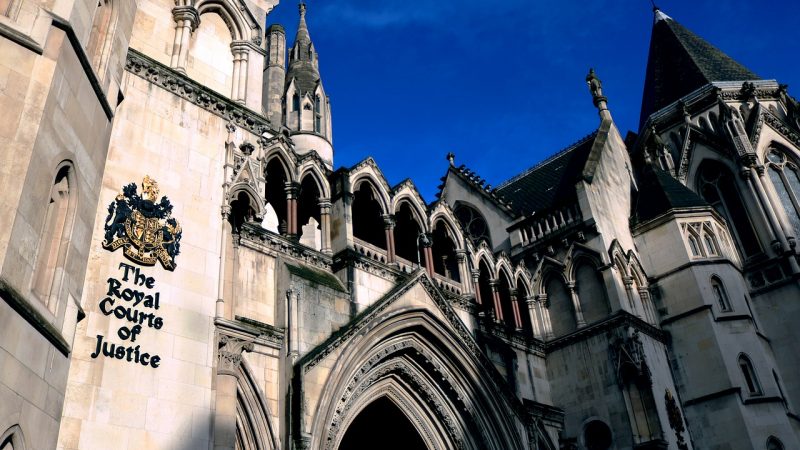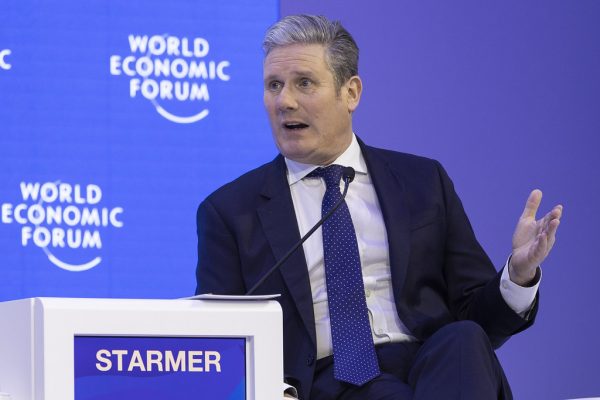Union Condemns Pace of Investigation Into P&O Ferries' 2022 Ferry Layoffs
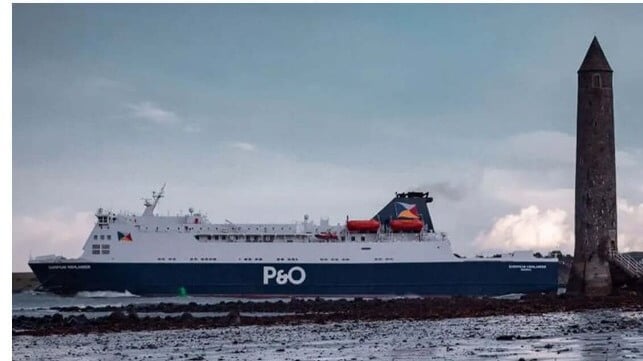
A trade union in the United Kingdom is reawakening the ghosts of the 2022 unilateral sacking of about 800 seafarers by P&O Ferries after condemning a government agency for delays in concluding civil investigations against the company’s bosses.
The National Union of Rail, Maritime and Transport Workers (RMT) has criticized the Insolvency Service over delays in launching a civil trial against P&O Ferries. RMT believes the delayed civil investigation is eroding confidence and allowing senior figures involved in the layoffs to escape accountability.
In 2022, P&O Ferries declared 786 seafarers redundant, without prior notice or consultations with workers’ unions. The company, owned by Dubai-based DP World, announced plans to substitute foreign agency workers to crew its ships, who would be paid far less.
The move sparked protests from the UK government and workers’ unions, prompting the Insolvency Service to carry out a criminal investigation into the circumstances. Britain has consultation requirements for layoffs, and at the time, then-Transport Secretary Grant Shapps said that if the law was not followed, it would be "a matter for criminal prosecution and unlimited fines" for P&O. The agency decided not to file criminal charges after coming to the conclusion that there was no realistic prospect of a conviction.
While the government agency opted out of any criminal proceedings, RMT says that a civil probe into potential misconduct by the ferry operator’s directors remains unresolved.
The trade union is now warning that the failure to reach a conclusion risks sending a signal that law-breaking can go unpunished, particularly since senior executives have already departed with bonus payments.
“Almost four years on from one of the most disgraceful acts of corporate law-breaking in modern British industrial history, workers are still waiting for answers. This situation raises serious questions about whether company law is being enforced in the public interest or quietly shelved when powerful employers are involved,” said Eddie Dempsey, RMT General Secretary.
RMT highlighted that it has written to the Insolvency Service demanding an update on the investigation, saying that further delay will make the agency look "opaque and ineffective."
Since the mass layoffs, the UK has implemented measures to protect seafarers. It requires shipping lines to pay seafarers higher wages and prohibits fire and rehire practices.
Currently operating 11 ro-pax and ro-ro cargo ships, P&O Ferries offers services from UK ports to Belgium, France, Ireland and the Netherlands.

